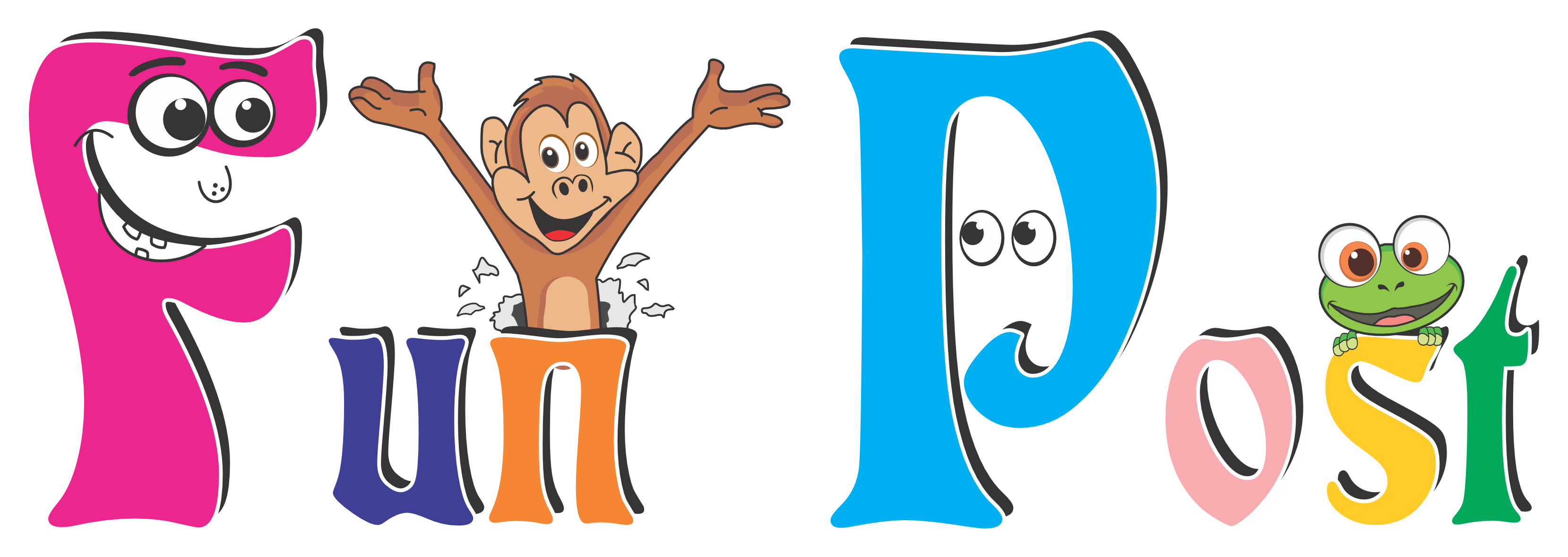The problem between Learning Style and Learning Disability
Share

One of the problems with most parents of our little ones is that they say their child won’t stay at a task for more than a few minutes. They want their child to learn to focus on one thing at a time. The only alternative would be to provide him with more options. Decide what needs to be done, then offer one or two ways to do it. Let him switch ways in the middle if he wants to and let him keep on the move. Whenever possible while doing the task, insist he do only one thing at a time, even if he quickly switches from one task to another. Help him identify which method he is using each time he changes his direction.

As a parent you must admit that sometimes it is just plain easier for your child to do things your way. But first explain to him why you think your way works, then offer to let your child try another way or method as long as he can prove his way will accomplish the same goal. The hardest part of this suggestion is the patience and tolerance it may take on your child to try out the alternative.
Also never fall into the trap of believing your child is smart and successful only if he or she does well in the traditional classroom. There are many ways of being smart if you as a parent can help your child discover areas of intelligence and then reinforce that intelligence to help build your child’s confidence and abilities more than you could ever have imagined. You can greatly increase your child’s chances of success by determining natural learning styles, strengths and deciding how much of his frustration and difficulty is a matter of learning style differences and how much genuinely is the physical or emotional problem.
It’s never been more important to help our children succeed in a world that is often difficult to understand. It can make difference with your child if you will devote time and energy to discover the way they learn.
It is important to understand that even the last programme and approaches can work backwards if their isn’t a significant match between the learning style of the child and the style of the programme designed to help him. If you can help your children discover and use methods that work with their natural style strengths instead of against them, you may find them succeeding more than you ever thought possible. Before you take up any drastic actions or interventions, first understand your child as individuals. You must not believe that the child’s misbehaviour or annoying habits are symptoms of a learning difficulty. Sometime parents focus on how they would like their children to act more than what we want our children to accomplish. As parents define what they are trying to get their child to do and learn – By their deserved results and not the process by which he learns, they can discover some very reasonable alternative and traditional approaches.













